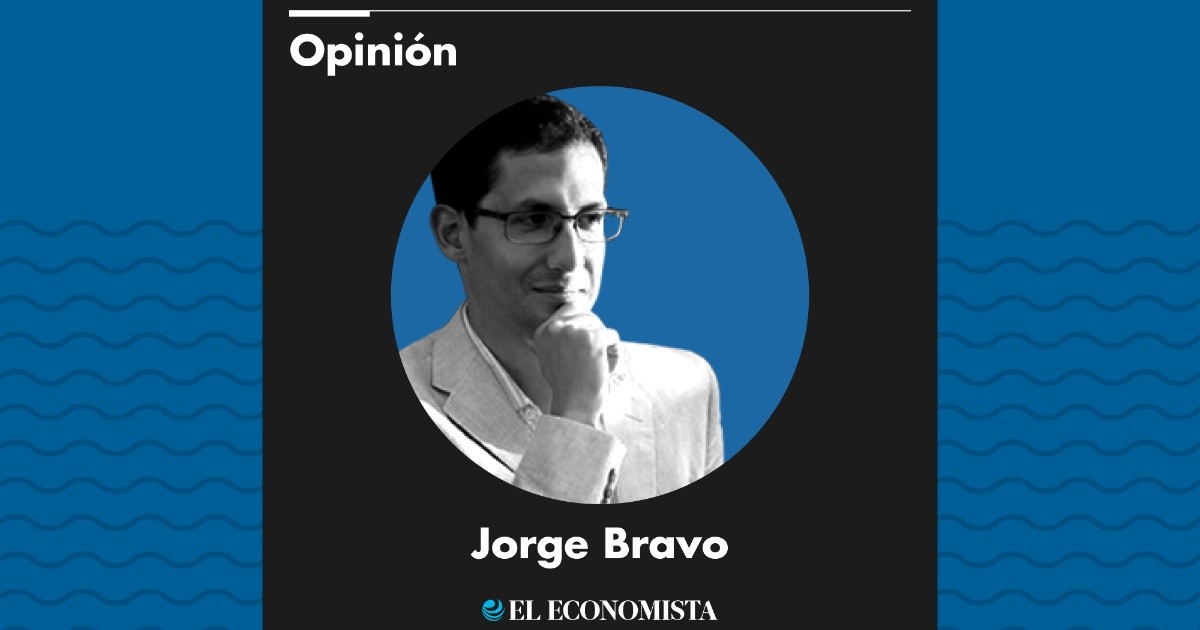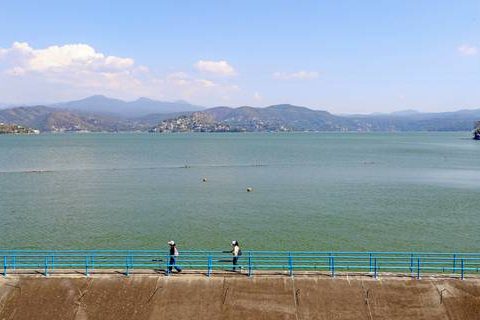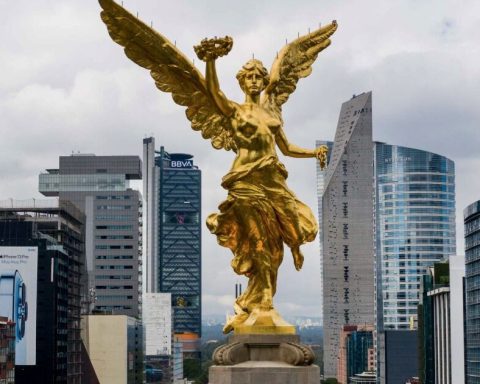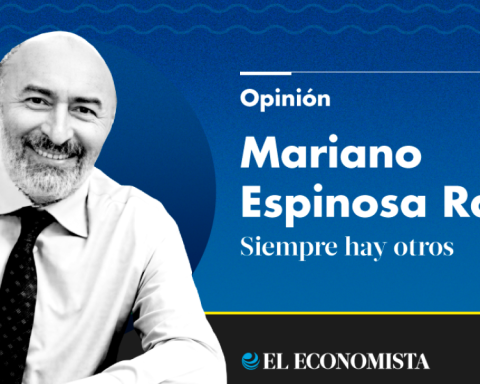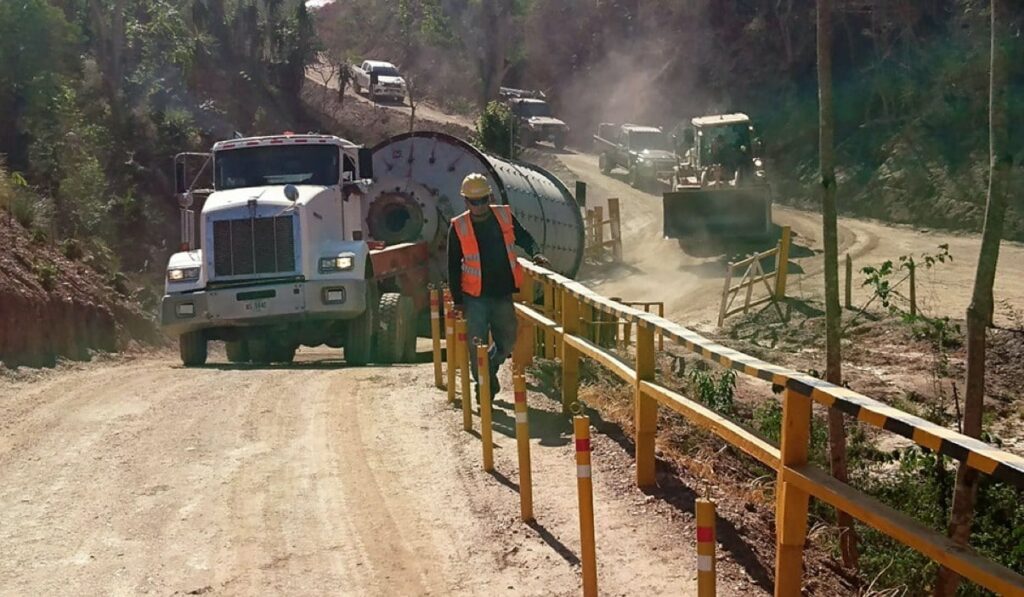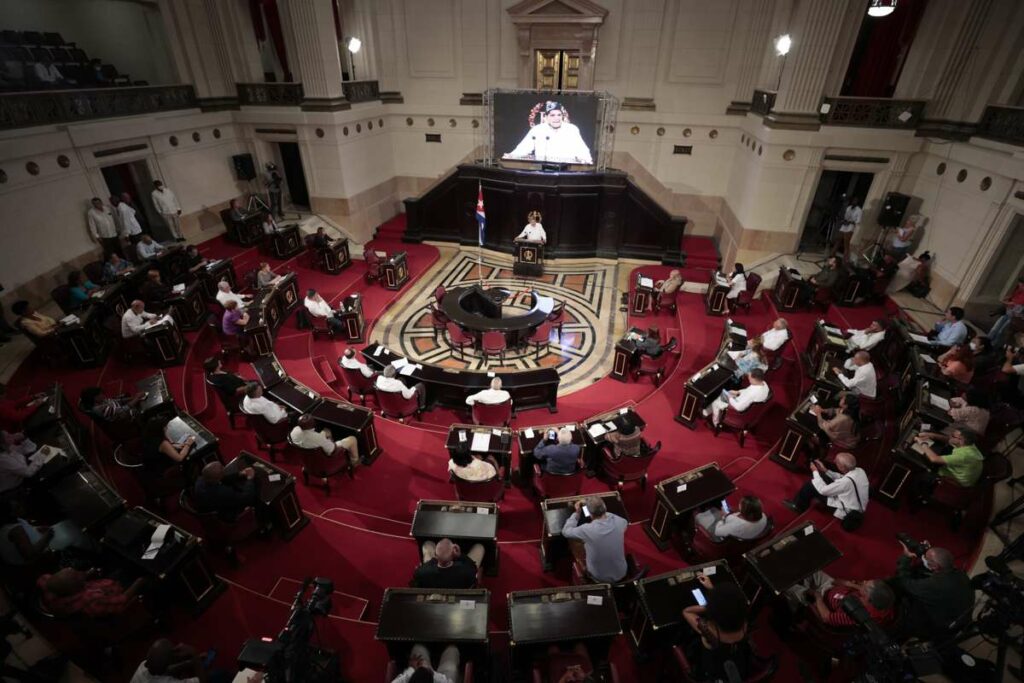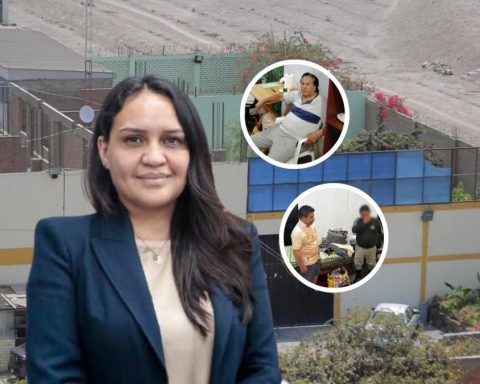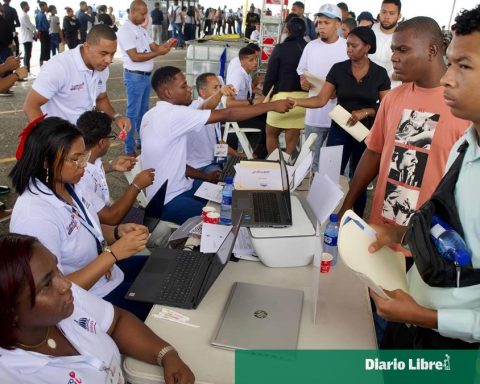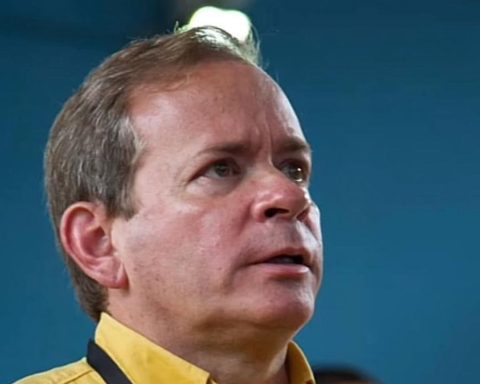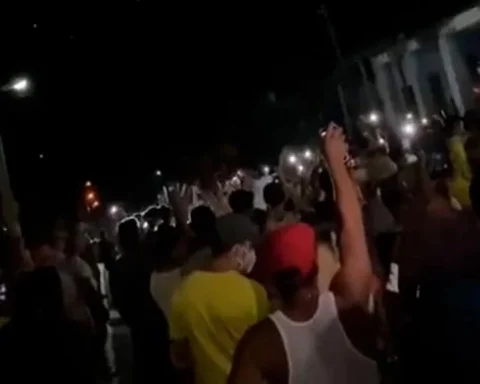Mexico will seek to host the 2036 or 2040 Olympic Games, as announced by Foreign Minister Marcelo Ebrard and Mary Jose Alcalá, president of the Mexican Olympic Committee. What technological and telecommunications infrastructure is required to organize the Olympics?
The realization of the Olympic Games (OG) requires a lot of planning and investments in infrastructure, something that Mexico has not shown during the government of the Fourth Transformation, but it could be an opportunity for the next two administrations. To organize an OG requires leadership with a vision of the future.
They are events that catalyze innovation in the development and renewal of infrastructure of all kinds (transport, airports, lodging, telecommunications…), according to the requirements of each nation, including digital infrastructure.
Technology plays a fundamental role because it is used in all stages of planning, organization, financing and delivery-transmission of the Olympic Games to the world.
The technological base of the Olympics is the fixed and mobile telecommunications networks that allow the host city, the country and the international community to share and enjoy the data and images generated by sports competitions.
The Olympics technology project provides the host city with a unique opportunity to build new and improved telecommunications infrastructure and services, including spectrum frequencies needed for wireless services and fiber optic infrastructure for transmission between the different competition venues .
There is a belief that the Olympic Games are very expensive events with a very low or even negative return: countries invest a lot of money and lose by not recovering that investment, in addition to the fact that certain infrastructure such as villages or stadiums tend to remain idle or underutilized due to weaknesses sports of the organizing countries. However, it is almost always assumed that the benefits will outweigh the costs.
Rio de Janeiro 2016 budgeted 14 billion dollars and spent 20 billion dollars. Sochi 2014 provided for $10.3 billion and spent $51 billion. London 2012 calculated 5 million dollars and ended up investing 18 million dollars.
Investments for the Olympic Games should contribute to the competitiveness of the host country and lead to long-term, lasting benefits. A strong competitive position driven by infrastructure development contributes to economic growth and new development opportunities.
These events offer a unique opportunity to break down the administrative, regulatory and financial barriers to the large-scale investment required to meet international commitment.
How do we want Mexico to be in 2036 is a good question that visionary and strategic leaders should ask themselves if they really want to organize the Olympics. A high-quality business environment is required, with legal certainty and a good economic structure for companies and knowledge workers.
Comprehensive accessibility, cutting-edge technologies, multimodal mobility, sustainable quality, vitality and security of the host city and the country, economic development of cities, economic centers and clusters are presupposed.
In 2036 there will be dozens of 6G networks on the planet and their characteristics will be fully developed in terms of high radio spectrum requirements, unimaginable speeds, minimal latency and millions of smart devices connected to the network.
All industries and all companies, regardless of their main activity, will be digital and technological businesses, because all their production processes will be organized through Information and Communication Technologies (ICT), they will be digital and on the Internet.
All the host cities have improved their infrastructure to attend the Olympics. Barcelona 1992 completed the infrastructure of the city, built the airport and began the urban transformation of disadvantaged areas.
Sydney 2000 took the opportunity to give the city a green boost. Athens 2004 built an airport, highways, a tramway, and the seabed garbage areas were transformed into a promenade. Beijing 2008 reduced environmental pollution with the construction of new Metro lines and the world’s largest airport.
London 2012 replaced an industrial suburban area with a multifunctional residential area. The London Olympic Games are seen as an example to follow of what the organization of an event of this magnitude should be: integrated vision, commitment, leadership, planning and execution.
Rio de Janeiro 2016 stood out for developing a high-performance public transport infrastructure and for boosting broadband infrastructure, both of which were deficient before the Olympic Games.
Carlos Slim’s América Móvil was the official provider of telecommunications services. He devised and strengthened a local telecommunications infrastructure plan to support the increase in data. They were the most connected OG due to the growth of smartphones and the increase in mobile data.
The central telecommunications platform for Rio was a network operated by América Móvil’s Embratel, which offered speeds of 40 Gbps, connected more than 60,000 access points to the network, deployed 97 new mobile stations, 20,000 mobile telephone lines with voice and data and 8 thousand Wi-Fi points in Rio, the Olympic Village and the competition venues.
The 2014 World Cup and the Olympic Games in Rio de Janeiro unlocked 4G spectrum auctions and significantly improved the quality of mobile communications in Brazil. The Rio de Janeiro country is a role model in the release of spectrum for 5G with the lowest prices for radio spectrum and the most ambitious commitments for the deployment of the 5G network. The impulse originated from the sporting commitments that he acquired with FIFA and the International Olympic Committee.
The question is not if Mexico wants to organize the Olympic Games, but how the planning of this sporting event can contribute to the sustainable economic, technological and social development of Mexico.
Twitter: @beltmondi
